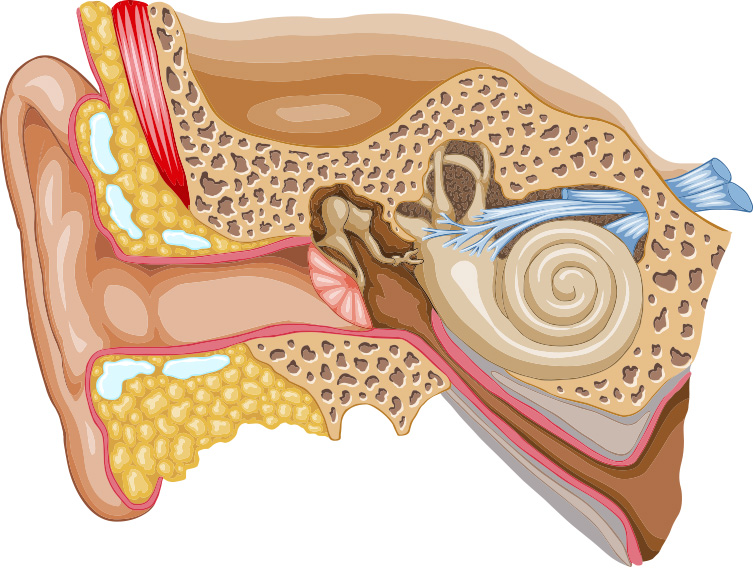Benign Paroxysmal Positional Vertigo (BPPV) is a debilitating and frustrating condition that for those who suffer from it feels far from benign. One of the most frequently asked questions we get is, “How can I prevent this from happening again?”
Research suggests it may benefit our dizzy patients to start supplementing with calcium and vitamin D. In 2018, results from a randomized controlled trial found that those who were given supplements of calcium and #VitaminD experienced lower rates of recurrence of #BPPV than those who did not receive supplementation (Jeong and Kim, 2019).
Literature suggests that impaired calcium metabolism is associated with BPPV. Patients with osteopenia and osteoporosis experience BPPV at greater rates than those with normal bone density.
BPPV is caused by displaced otoconia in the inner ear. The otoconia themselves are made mostly of calcite crystals that require calcium to maintain their shape, health, and volume. When they degrade due to decreased calcium uptake, they can crack, fracture, and become dislodged.

Vitamin D assists in calcium uptake and is essential for maintaining blood calcium concentrations. Individuals with reduced serum vitamin D levels experienced higher rates of BPPV than controls with normal serum vitamin D levels. Researchers have also found a negative association between serum vitamin D levels and the biomarker for otolithic breakdown, meaning the higher serum vitamin D someone had less evidence for otoconia degeneration present.
If you are experiencing BPPV you may want to discuss your own vitamin D levels and bone density with your primary care provider. Before beginning any supplement, it is a good idea to discuss what dose is most appropriate for you given your health picture. Data suggests 42% of Americans are Vitamin D deficient, with individuals with darker skin and people living in colder climates (hello PA!) at greater risk.


